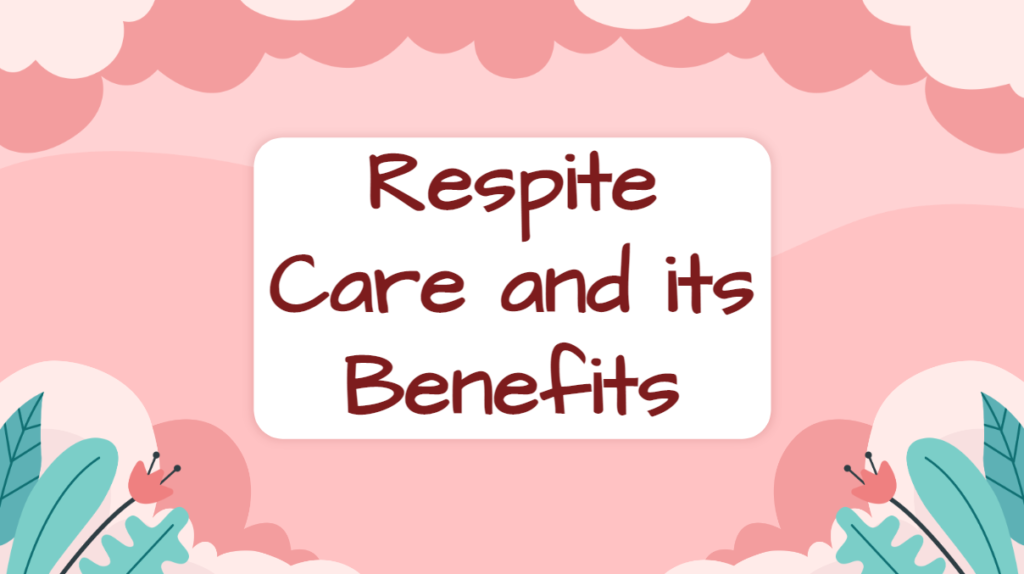
As we age, many of us find ourselves in a position where we need additional help and support to maintain our health and well-being. For elderly individuals who require ongoing care, respite care can provide an essential break for both the caregiver and the care recipient. In this blog post, we’ll discuss what respite care is and how it can benefit the elderly.
What is respite care?
Respite care is a form of temporary care that provides relief for primary caregivers. It is designed to give caregivers a break from their caregiving responsibilities, allowing them to take some time off to rest, recharge, and take care of their own needs.
In-home respite care involves a caregiver coming into the home of the care recipient to provide support and assistance. In-home respite care can range from a few hours a day to several days or weeks.
Respite care is important for several reasons, including:
- Caregiver Burnout: Caregivers, whether they are family members or professional caregivers, can experience burnout from the demands of providing continuous care for their loved ones or clients. Respite care provides a temporary break from caregiving responsibilities, which allows caregivers to rest and recharge.
- Improved Quality of Life: Respite care can improve the quality of life for both the person receiving care and the caregiver. It can reduce stress and provide an opportunity for the caregiver to attend to their own needs or other commitments, such as work or family obligations.
- Enhanced Well-being: Respite care can enhance the well-being of the person receiving care by providing them with social interaction, new experiences, and activities that they may not have access to otherwise. It can also help them maintain their independence and prevent isolation.
- Prevent Hospitalizations: Respite care can prevent hospitalizations by providing timely interventions and preventing health issues from becoming more serious. Regular respite care can also help monitor the person’s condition and make necessary adjustments to their care plan.
Respite care is crucial in maintaining the health and well-being of both the primary caregiver and the person receiving care. It provides an opportunity for rest, recovery, and rejuvenation, and can prevent burnout and hospitalizations. If you’re a caregiver for an elderly individual, consider exploring respite care options in your area to give yourself a well-deserved break and ensure that your loved one is receiving the best possible care.
